-
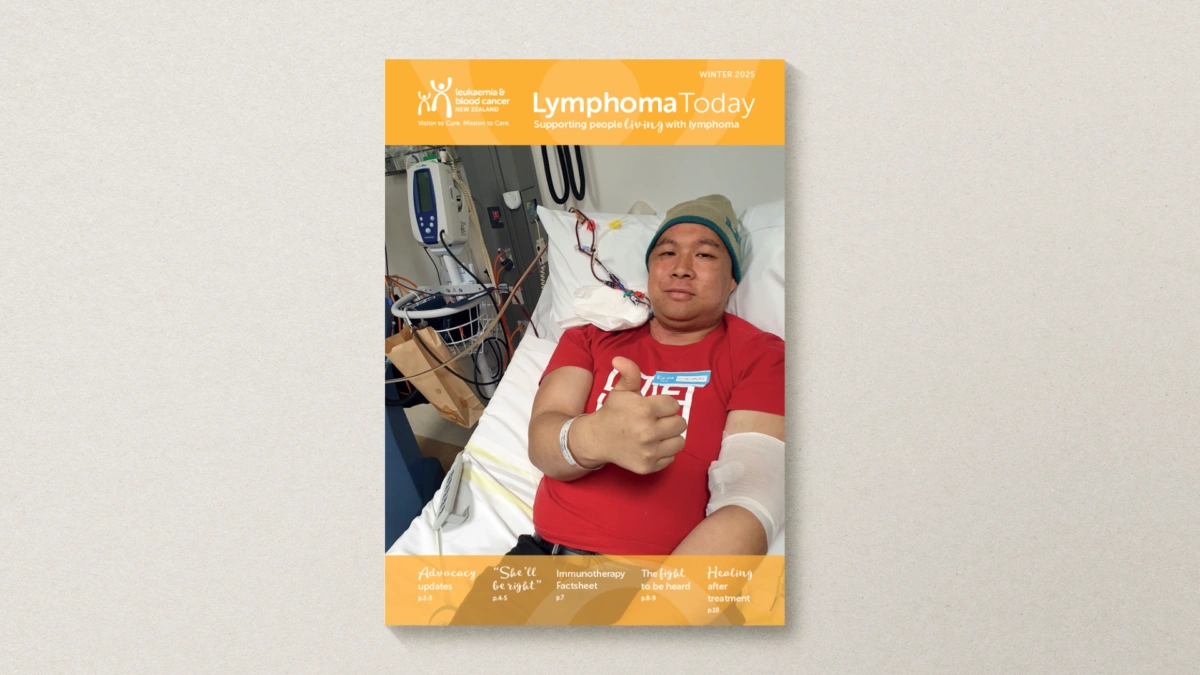 12 Jun 2025
12 Jun 2025Lymphoma Today | Winter 2025
-
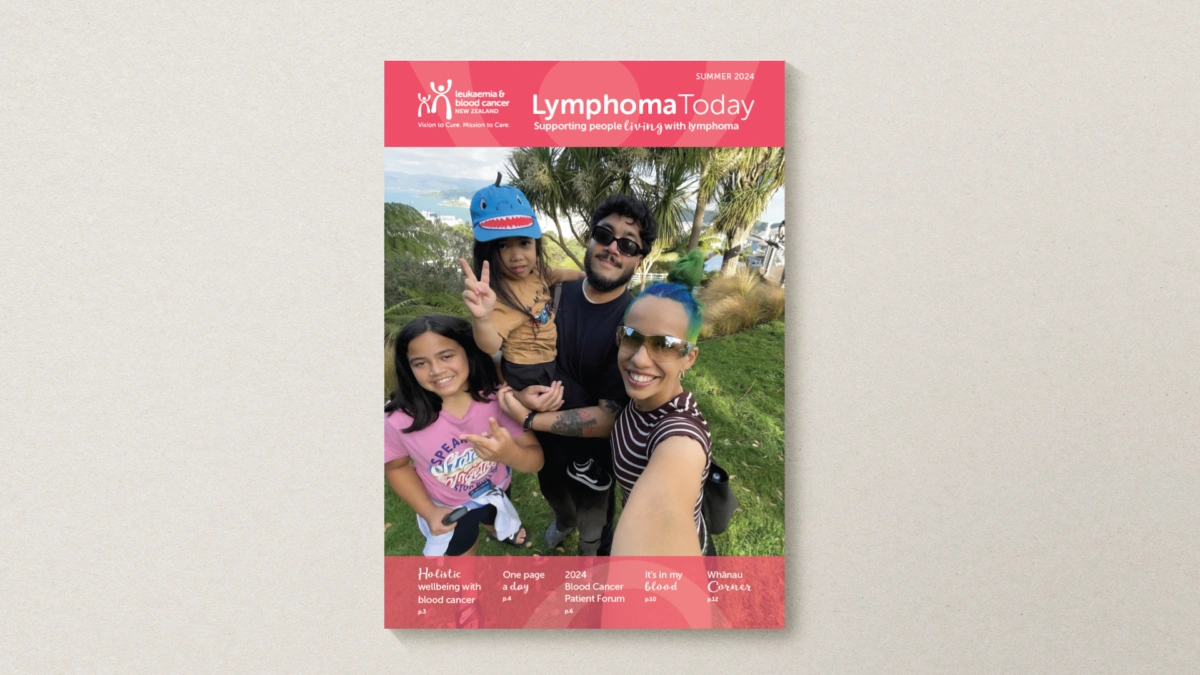 11 Dec 2024
11 Dec 2024Lymphoma Today | Summer 2024
-
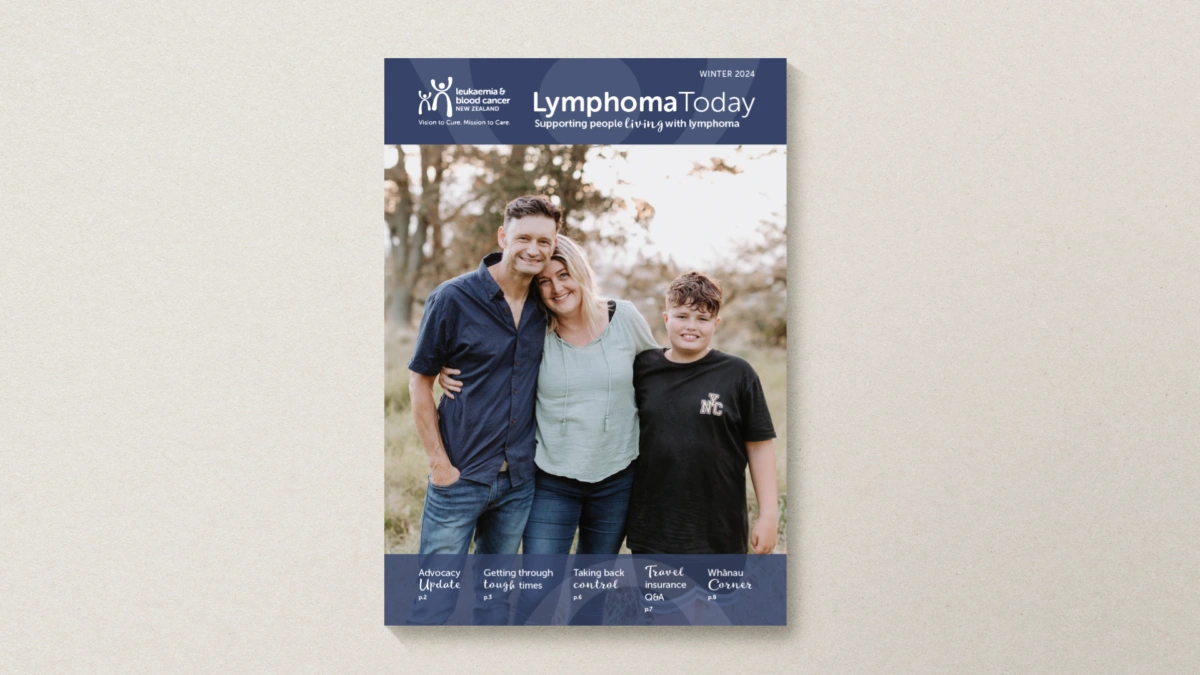 06 Jun 2024
06 Jun 2024Lymphoma Today | Winter 2024
-
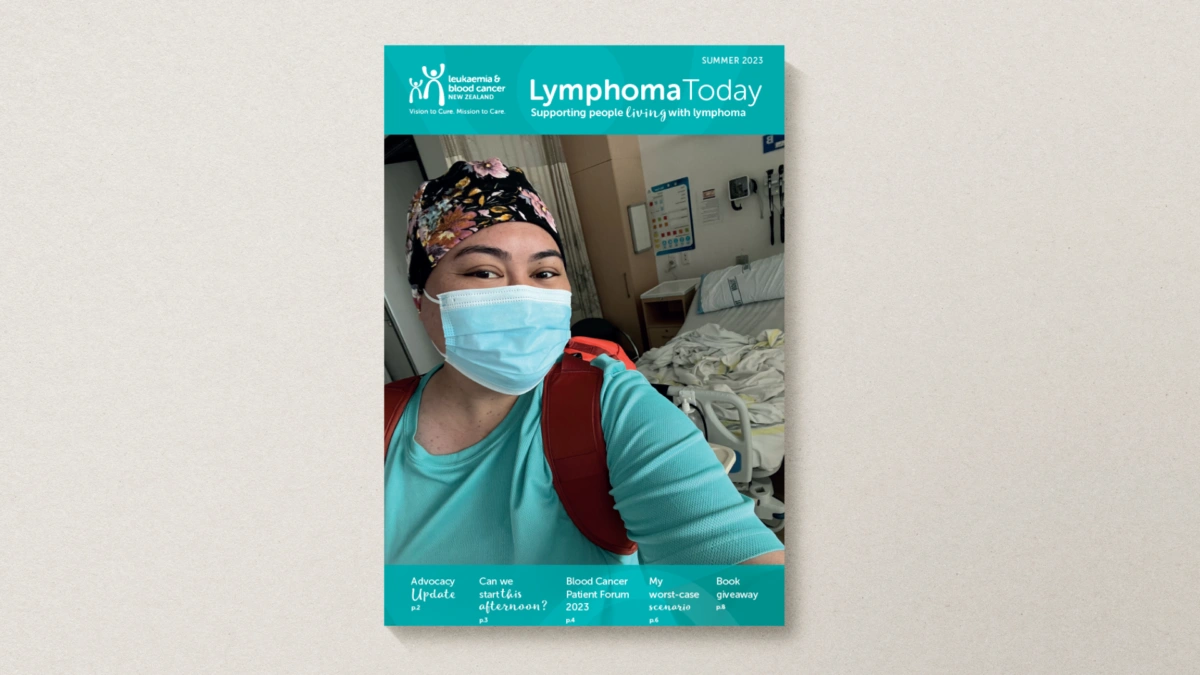 13 Dec 2023
13 Dec 2023Lymphoma Today | Summer 2023
-
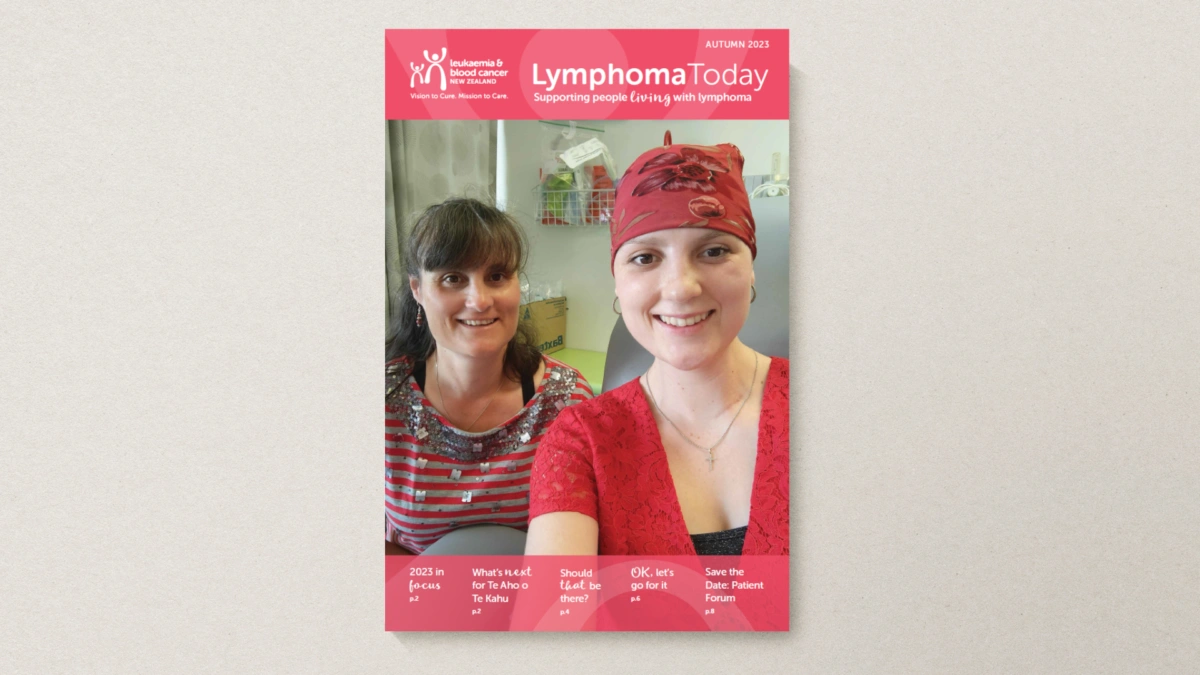 10 May 2023
10 May 2023Lymphoma Today | Autumn 2023
-
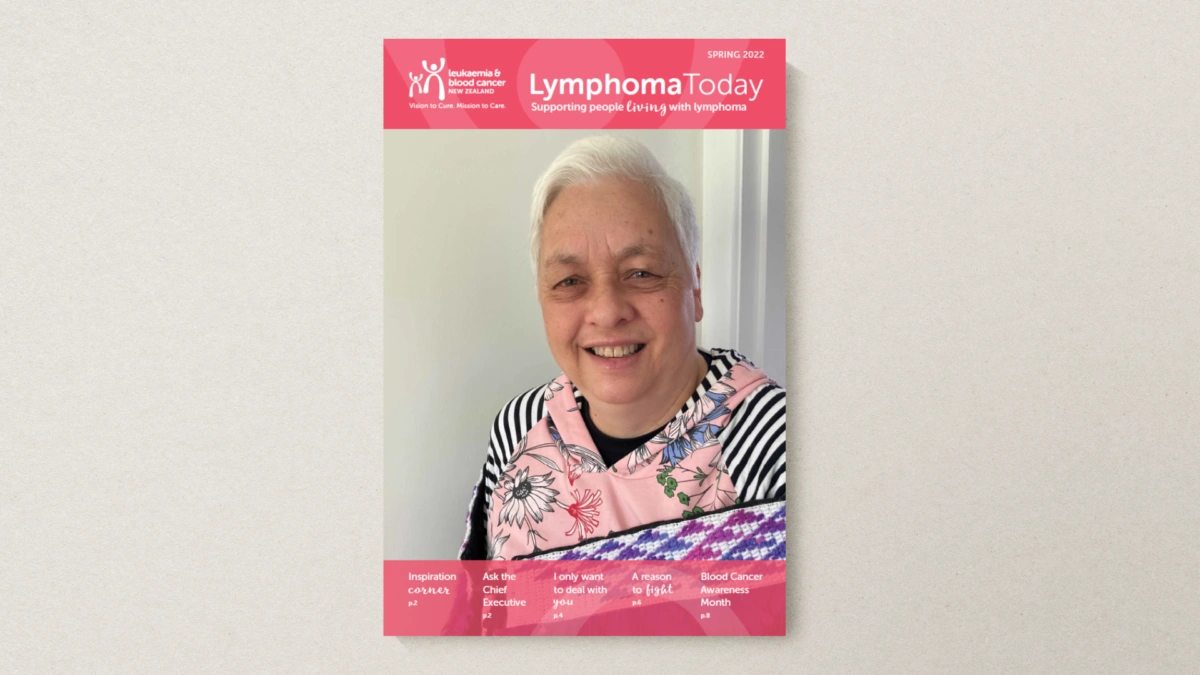 31 Oct 2022
31 Oct 2022Lymphoma Today | Spring 2022
-
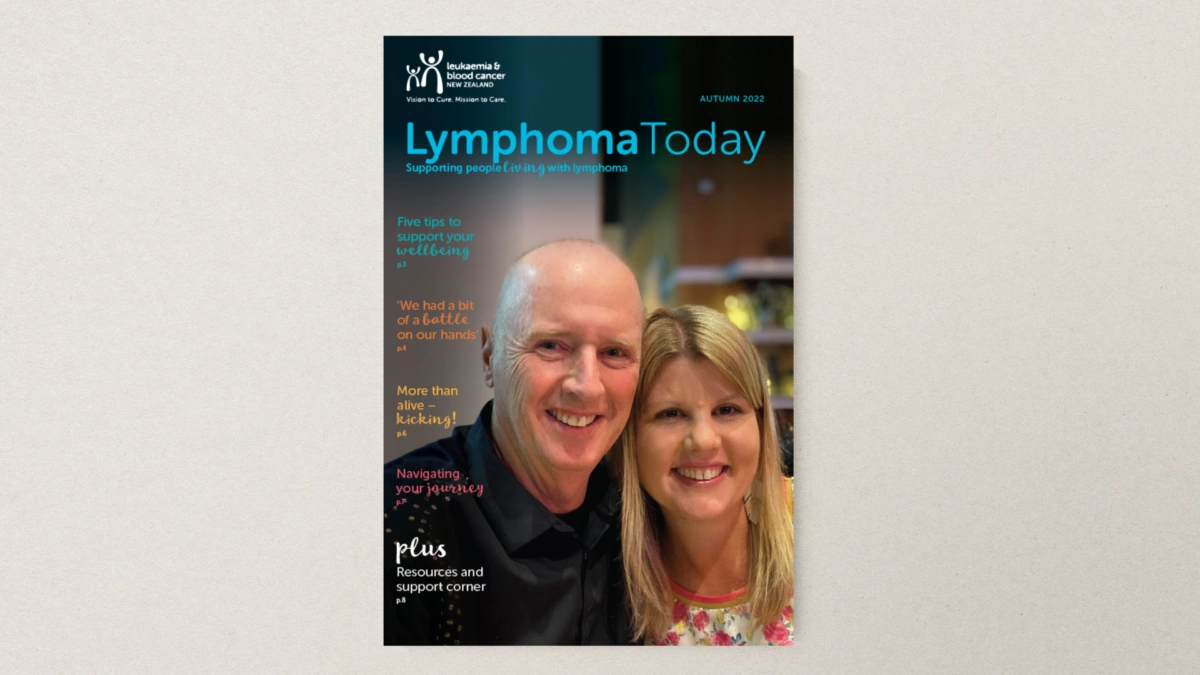 21 Apr 2022
21 Apr 2022Lymphoma Today | Autumn 2022
-
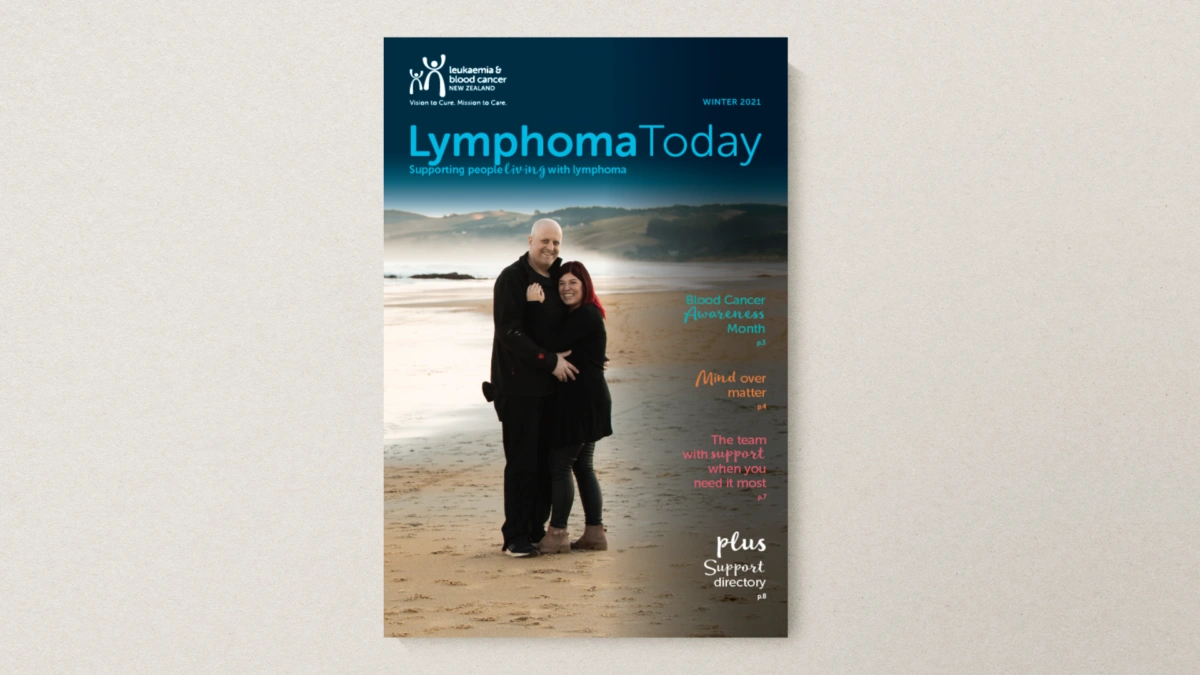 12 Aug 2021
12 Aug 2021Lymphoma Today | Winter 2021
-
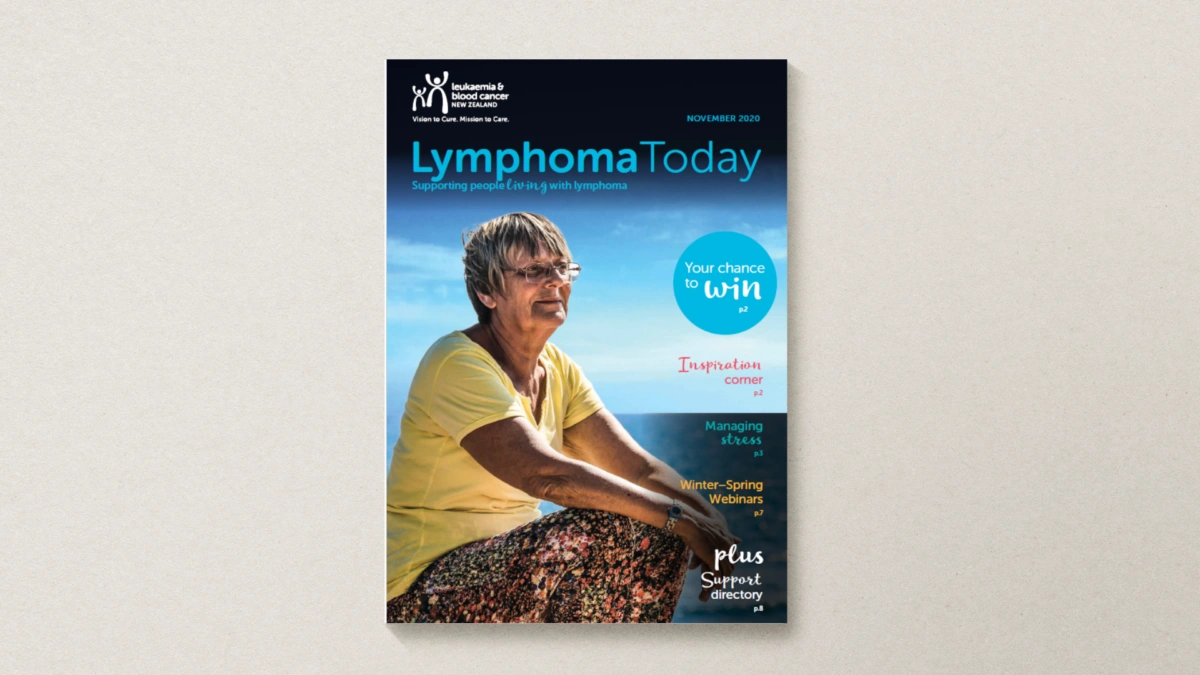 01 Nov 2020
01 Nov 2020Lymphoma Today | November 2020
-
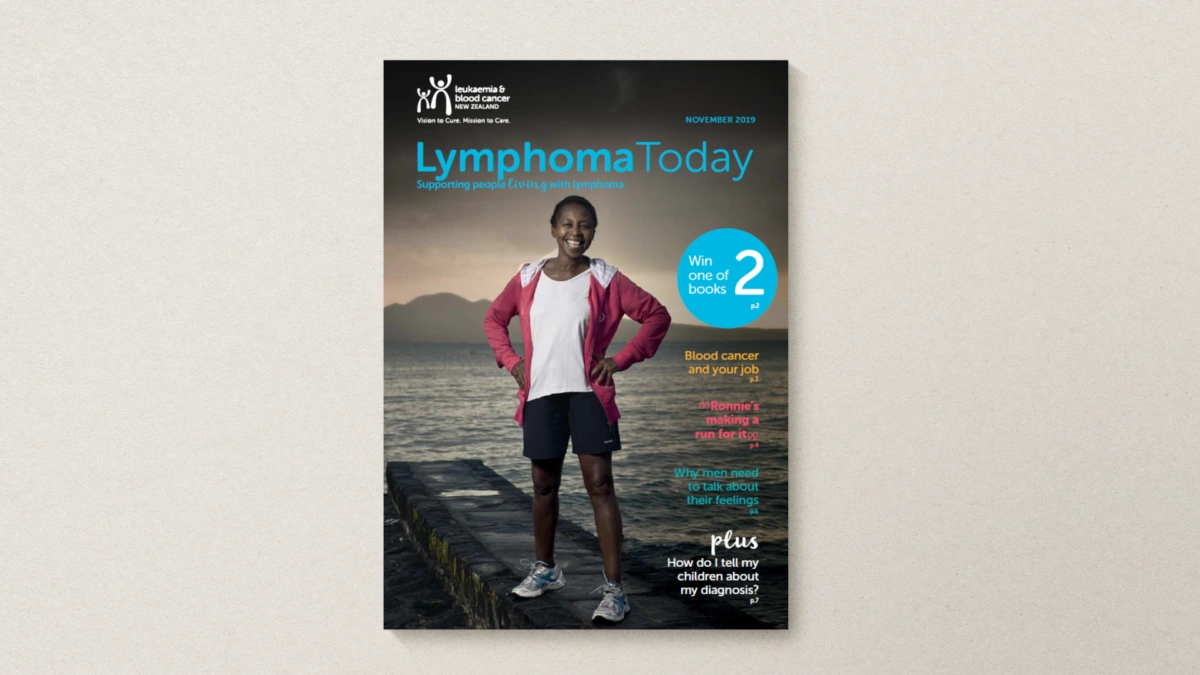 17 Nov 2019
17 Nov 2019Lymphoma Today | November 2019